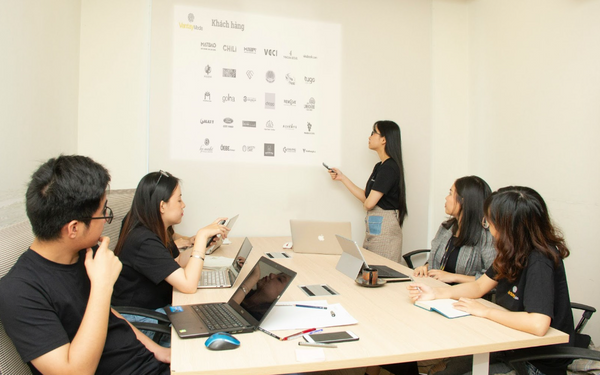How to Identify & Build the Skills Employers Are Looking For
Finding the skills employers want can feel overwhelming. Job titles and roles change fast, but companies still seek people who bring real value. The difference between landing great jobs and getting overlooked comes down to having skills that matter.
This guide shows you what abilities employers look for right now and gives you clear steps to build them. Your path to career growth starts with knowing which skills to focus on and taking action to develop them.
So, keep exploring in this blog post.
1) Look Beyond Job Titles
The modern job market speaks a different language. Job titles tell only part of the story, while skills drive real value. Smart job seekers understand this shift and focus on the capabilities companies actually need. Read between the lines of job descriptions, study industry trends, and connect with professionals in your target field. The real insights often hide in informal conversations and industry discussions.
Platforms like Higher Hire exemplify this skills-first approach, using AI-driven matching to connect candidates with roles based on demonstrated abilities rather than traditional credentials.
2) Master the Core Skills That Never Go Out of Style
Communication remains king in every workplace. You must explain complex ideas simply, write clear emails, and speak confidently in meetings. Problem-solving skills prove your worth daily as you tackle unexpected challenges.
Critical thinking helps you analyze situations and make sound decisions. These fundamental abilities matter across all industries and roles.
3) Embrace Digital Literacy
Technology touches every job today. Employers expect comfort with basic digital tools and willingness to learn new ones. Excel spreadsheets, project management software, and video conferencing platforms have become workplace essentials. Most of these skills transfer easily between different tools and platforms. Focus on understanding core concepts rather than memorizing specific features.
4) Develop Your Emotional Intelligence
Technical skills open doors. Emotional intelligence helps you thrive. Understand others’ perspectives, manage reactions, navigate workplace dynamics. Emotional intelligence shows in better teamwork, leadership potential, and customer relationships. These skills determine advancement or staying stuck.
5) Build a Portfolio of Real Projects
Theory means little without practice. Create actual projects that showcase your abilities. Volunteer for challenging assignments at work. Start side projects that develop new skills. Document your achievements with concrete examples and measurable results. Real experience trumps certificates in most cases.
6) Learn to Learn Quickly
The pace of change demands continuous learning. Successful professionals adapt fast and stay curious. They read industry news, take online courses, and experiment with new tools. The skill of learning itself becomes invaluable as roles and requirements evolve. Make learning a daily habit rather than an occasional event.
7) Network with Purpose
Your professional network offers insights no job board can match. Connect with people doing work that interests you. Ask about their skill development journey. Learn which capabilities matter most in their field. Professional communities often spot trends before they appear in formal job descriptions.
8) Focus on Results
Employers value people who deliver outcomes. Learn to measure and communicate your impact. Track how your work affects key business metrics. Quantify improvements whenever possible. The ability to show concrete results sets you apart from those who simply list responsibilities.
9) Sharpen Your Collaboration Skills
Modern work happens in teams. Virtual collaboration has become standard. Learn to contribute effectively in different group settings. Practice active listening, clear communication, and constructive feedback. Strong collaboration skills increase your value in any organization.
10) Stay Current in Your Industry
Industries evolve rapidly. Today’s hot skills might become outdated tomorrow. Follow industry leaders on social media. Subscribe to relevant newsletters and podcasts. Attend conferences and webinars when possible. Knowledge of industry trends helps you anticipate which skills will matter next.
Wrapping Up
Growth happens outside your comfort zone. Volunteer for projects that stretch your abilities. Speak up in meetings with new ideas. Offer to lead initiatives that develop leadership skills. Calculated risks demonstrate initiative and build valuable experience.
Building valuable skills takes time and dedication. Start with self-assessment. Identify gaps between abilities and market demands. Create a plan to develop capabilities. Small efforts lead to growth over time. Job market rewards skill development. Focus on progress. Celebrate small wins.



